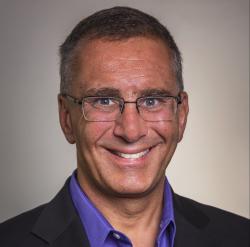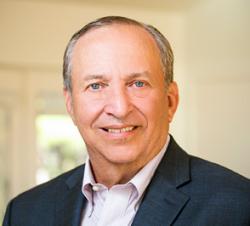

9:00 am EDT - 12:30 pm EDT
Past Event
9:00 am - 12:30 pm EDT
529 14th Street, NW
Washington, DC
20045
Following opening remarks by former Treasury Secretary and Hamilton Project Advisory Council member Robert E. Rubin, the first panel highlighted four new discussion papers on achieving universal coverage.
A paper by Gerard Anderson and Hugh Waters of Johns Hopkins University proposes Medicare Part E(veryone), which would allow people to keep their current employer-sponsored health care coverage while at the same time offering coverage to all individuals and employers through expansion of the Medicare program (with subsidies for low income individuals). A proposal by Stuart Butler of the Heritage Foundation would move beyond the traditional model of employer-sponsored health insurance by creating state-chartered insurance exchanges to offer portable health plans and by reforming the tax treatment of health care. Ezekiel Emanuel of the National Institutes of Health and Victor Fuchs of Stanford University offer a plan to give vouchers to every American to pay for basic health insurance. They argue the vouchers, which would be funded by a value-added tax, would provide portability and promote greater cost-effectiveness. Finally, Jonathan Gruber of the Massachusetts Institute of Technology will examine the feasibility, costs, and benefits of extending nationwide the “Massachusetts model,” which provides universal coverage through a combination of individual mandates, subsidies to low-and moderate-income households, and alternative risk pools to purchase insurance. Brookings Senior Fellow and Hamilton Project Director Jason Furman will moderate.
A second panel of experts from the business, labor and policy communities explored the merits and challenges of the various proposals for achieving universal coverage. Panelists included former Treasury Secretary and Hamilton Project Advisory Council member Lawrence H. Summers; Brookings Senior Fellow and former Administrator for the Centers for Medicare and Medicaid Services (CMS) Mark B. McClellan; AFSCME International President Gerald W. McEntee; and Chairman and CEO of General Mills Stephen W. Sanger. Joanne Silberner, health policy correspondent for National Public Radio, moderated the panel.
Event Multimedia:
Download panel one event audio »
Download panel two event audio »
Event Materials:
Universal, Effective and Affordable Health Insurance: An Economic Imperative, by Jason Furman and Robert E. Rubin
Achieving Universal Coverage Through Medicare Part E(veryone), by Gerard F. Anderson and Hugh R. Waters
Evolving Beyond Traditional Employer-Sponsored Health Insurance, by Stuart M. Butler
A Comprehensive Cure: Universal Health Care Vouchers, by Ezekiel J. Emanuel and Victor R. Fuchs
Taking Massachusetts National: Incremental Universalism for the United States (PDF), by Jonathan Gruber




William A. Galston
January 15, 2026

Wendell Primus, Ben Graham, Chloe Zilkha, Sonia Jain
January 6, 2026

Gopi Shah Goda
November 19, 2025